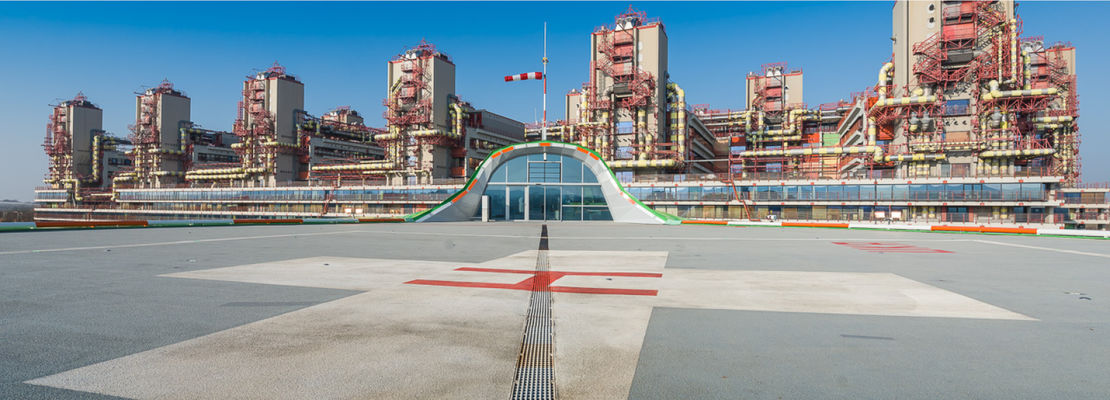Antigen-mediated crosslinking of IgE-loaded high-affinity receptors for IgE (FcεRI) on mast cells triggers activation of proinflammatory effector functions relevant for IgE-associated allergic disorders. The cytosolic tyrosine kinase BTK and the SH2-containing inositol-5′-phosphatase SHIP1 are central positive and negative regulators of antigen-triggered mast cell activation, respectively, contrarily controlling Ca2+ mobilisation, degranulation, and cytokine production. SHIP1 is thought to repress BTK activation and function. Using genetic and pharmacological techniques, we examined whether BTK activation in Ship1-/- mast cells MCs is mandatory for the manifestation of the well-known hyperactive phenotype of Ship1−/− mast cells. We demonstrate the prominence of BTK for the Ship1−/− phenotype in a manner strictly dependent on the strength of the initial antigen stimulus; particular importance for BTK was identified in Ship1−/− mast cells in response to stimulation with low, suboptimal antigen concentrations (Zorn et al. (2018) Scientific Reports 8: 15467; DOI:10.1038/s41598-018-33769-1). Intriguingly, with respect to activation of the MAP kinases ERK1/2, BTK was found to allow for an analogous-to-digital switch resulting in full activation of ERK1/2 already at low Ag concentrations. Our data allow for a more precise definition of the role of BTK in FcεRI-mediated signal transduction and effector function in mast cells. Moreover, they suggest that reduced activation or curtate expression of SHIP1 can be compensated by pharmacological inhibition of BTK and vice versa.
Für Presserückfragen wenden Sie sich bitte an:
Uniklinik RWTH Aachen
Stabsstelle Unternehmenskommunikation
Dr. Mathias Brandstädter
Tel. 0241 80-89893
kommunikationukaachende

![[Translate to nl:] [Translate to nl:]](/fileadmin/files/global/_processed_/a/e/csm_Homepage_Header_Mosaik_Digitale_Patientenakademie_a70850c5a6.jpg)
![[Translate to nl:] [Translate to nl:]](/fileadmin/files/klinik-neurochirurgie/_processed_/f/a/csm__DSC8610_810ca6c404.jpg)


![[Translate to nl:] [Translate to nl:]](/fileadmin/files/klinik-neurochirurgie/_processed_/c/6/csm__DSC6827_8235404da8.jpg)


![[Translate to nl:] [Translate to nl:]](/fileadmin/files/global/_processed_/6/9/csm_Homepage_Header_Zahnprofis_neu_11014e086b.jpg)



![[Translate to nl:] [Translate to nl:]](/fileadmin/files/global/_processed_/5/d/csm_Homepage_Header_Pflege-Podcast_Schichtwechsel_ohne_Schriftzug_unten_9cef107de3.jpg)
![[Translate to nl:] [Translate to nl:]](/fileadmin/files/klinik-gynaekologie-geburtshilfe/_processed_/b/f/csm_Header_DSC1044_2762f31c37.jpg)
![[Translate to nl:] [Translate to nl:]](/fileadmin/files/klinik-urologie/_processed_/d/1/csm__ME27551_9b86eb20f4.jpg)
![[Translate to nl:] [Translate to nl:]](/fileadmin/files/global/_processed_/7/4/csm_Homepage_Header_Podcasts_2023_668979f13b.jpg)